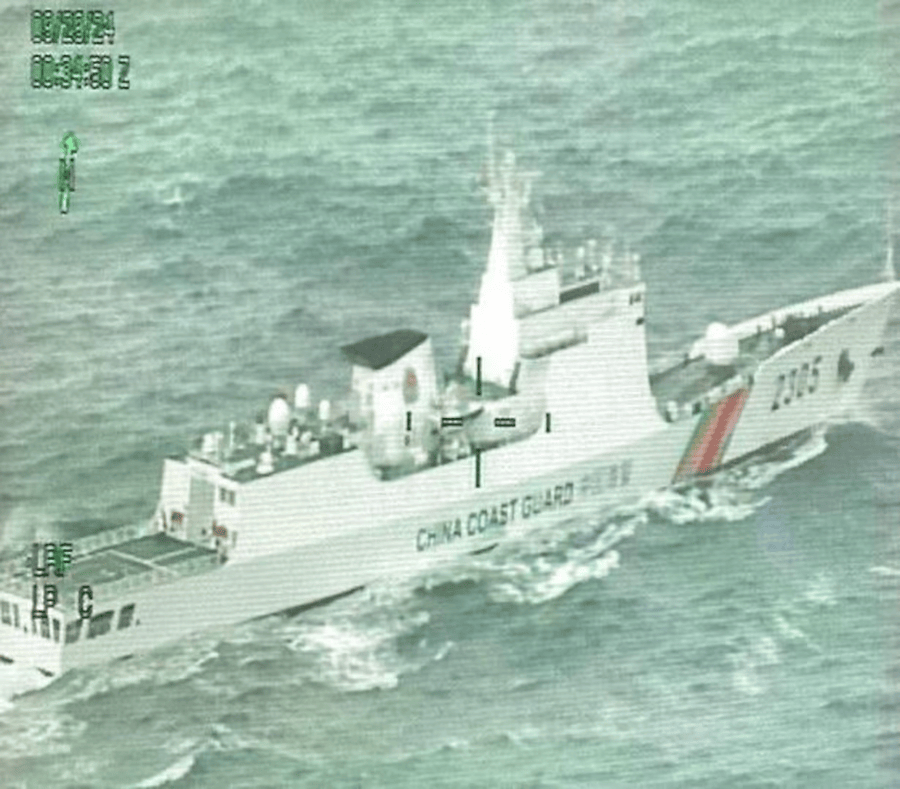Great Read on Counterintelligence
As is widely known, the greatest act of successful deception in modern military history is convincing the Germans -- at the decisive moment of WWII -- that the D-Day invasion would take place at Pas de Calais, rather than on the much longer, wider, gently sloping, and penetrable beaches of Normandy.
Published by The Lawfare Institute
in Cooperation With

As is widely known, the greatest act of successful deception in modern military history is convincing the Germans -- at the decisive moment of WWII -- that the D-Day invasion would take place at Pas de Calais, rather than on the much longer, wider, gently sloping, and penetrable beaches of Normandy. But I've recently finished a breathtaking book that reveals for the first time in detail an amazing and central element in that story: the way the British turned every German agent in Britain into a double agent who then played critical roles, cultivated over years, in getting the Germans to buy the fake invasion route (some of these double agents created whole networks of fake sub-agents purportedly working for them to help sell the deception). For anyone wanting insight into the worlds of intelligence and counter-intelligence, I heartily recommend Ben MacIntrye's Double Cross: The True Story of the D-Day Spies (2012).
Appropos of today's events, it's of course true that no deception on this scale is likely to be possible in the modern information age. But I was wondering about a different question, in light of Jack's post describing the McClatchy newspaper chain's reporting of seemingly significant operational intelligence information -- and McClatchy's defense of doing so, in particular, that it had not obtained the information from within the United States government. There's an important story here as well, then, about how journalistic ethics have changed, regardless of technological changes in communication and information. Can we imagine English journalists that came across any of the many, often massive projects required to pull off this grand deception (eg, the building of special "Mulberry ports" to turn Normandy into a deep-water port) publishing this information -- even if they learned it from their own observations or sources outside the English government? There is much food for thought in this engaging book.
Professor Pildes is the Sudler Family Professor of Constitutional Law and Co-Faculty Director for the Program on Law and Security at NYU School of Law. His scholarship focuses on legal issues concerning the structure of democratic institutions and politics, separation of powers, administrative law, and national-security law. A clerk to Justice Thurgood Marshall at the United States Supreme Court, Professor Pildes has been named a member of the American Academy of Arts and Sciences, a Guggenheim Fellow, and a Carnegie Scholar.




.jpg?sfvrsn=118b03e5_5)
